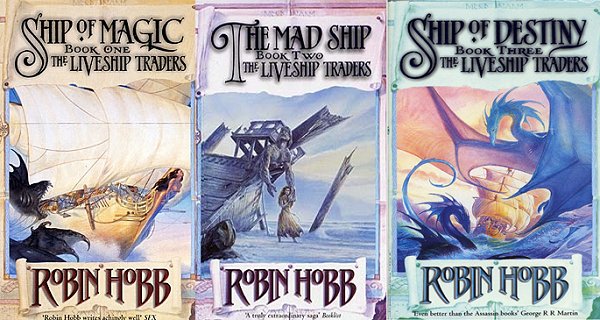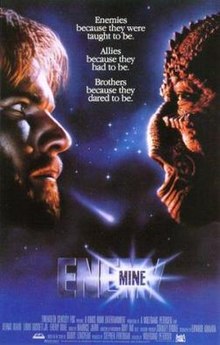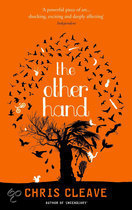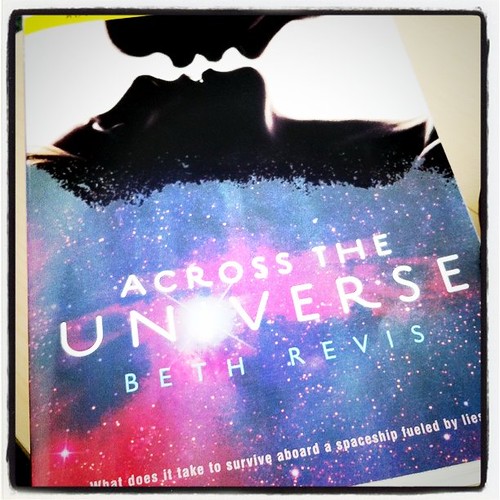Just finished...
On Bullfighting, A.L. Kennedy
Kennedy is a rather celebrated fiction novelist, yet before writing this book she suffered a mental breakdown, lost her will to write and her depression got incredibly bad. How bad? So bad that this new book, her first stab at non-fiction, opens with her account of the day she attempted suicide. Trying to find new meaning in her life, some artistic goal, she sets out for Spain to learn of the
corrida, the Spanish tradition of bullfighting. She is an outsider with preconceived notions (bullfighting is immoral), wishing to learn 'why'.
On the one hand, what follows is a factual and surprisingly engaging exploration of the history of the
corrida, famous
matadors (bullfighters) and even famous
toros (bulls). The very history of Spain herself is explored, running paralell to the history of the
corrida. On the other hand, it is a painfully personal meditation on the linked nature of art and death. She visits the home of an artist executed during the civil war; she juxtaposes a
matador preparing to enter the ring against her memory of the day her grandfather told her he intended to die. Beauty and grotesqueness, creativity and destruction, being alive and dying are all entwined in her insightful prose.
The perfect example of high-grade creative non-fiction, it would make great fiction. The knowledge that all events are factual sends shivers down the spine, enhancing the work rather than justifying it.
This was actually my recovery book. I've been going through some mental bothers myself over the last couple of years and one side effect has been an inability to focus on books and read for any amount of time. Somehow, this book has pulled me back from the brink and I find myself able to enjoy reading again.
Just started...
Never Let Me Go, Kazuo Ishiguro
One of Britain's most celebrated authors. Previously only being familiar with his excellent short story collection/cycle,
Nocturnes, I requested for Christmas his entire bibliography. This is the book I chose to start with.
I can't actually say much about it, as there is a twist revealed on the very first page that would be a crime to reveal. The twist doesn't actually sink in or become realised by the reader until about three chapters in, but it is of such importance, twisting the perception of the however many pages it took you to
realise what you have been reading that I dare not speak a word of it. For myself, I realised fairly early on. I imagine some took longer, some shorter.
However, what I can say is this: the core of the book is not that one, simple twist; it is a powerful exploration of youth as the novel's narrator and her two friends reminisce on their time in an English countryside boarding school.
I am fast realising why I am so drawn to Ishiguro's work. For one, he has impeccable control of prosaic rhythm, an element of prose writing that most authors never master or even realise is an element to be mastered. I recommend all read
Nocturnes, his short story collection/cycle focussed on the subject of music and endings. The rhythms of music are evoked in his writing in a way I have often attempted in my own. In
Never Let Me Go, the rhythm is less explicit, creating a warm, droning pace that brings to the mind the feel of long, hot summer days. Alphabetic metre influencing image. Real deep-level theory stuff, that, but the effects are so remarkable.
Secondly, his characterisation is incredible. It's odd; I wouldn't call any of his characters to most vibrant or real I have ever read, yet they act as reference points for people in my own memories. There is enough information provided that you fill in the blanks yourself, yet still they all remain perfectly distinct. An odd talent.
About quarter of the way through and - obviously - loving every page.




















